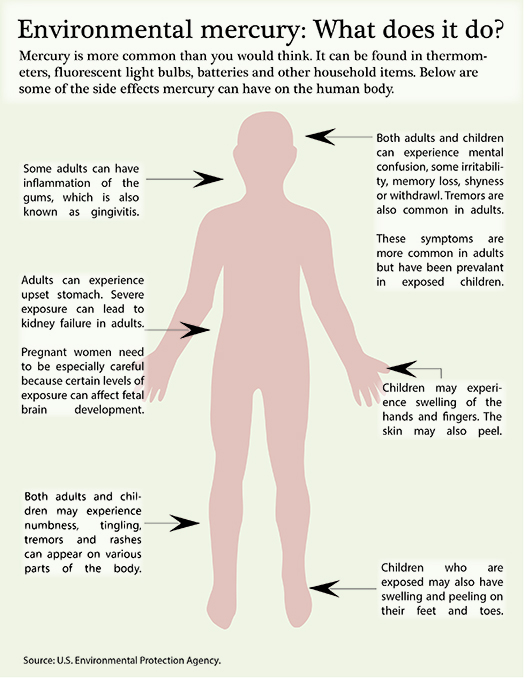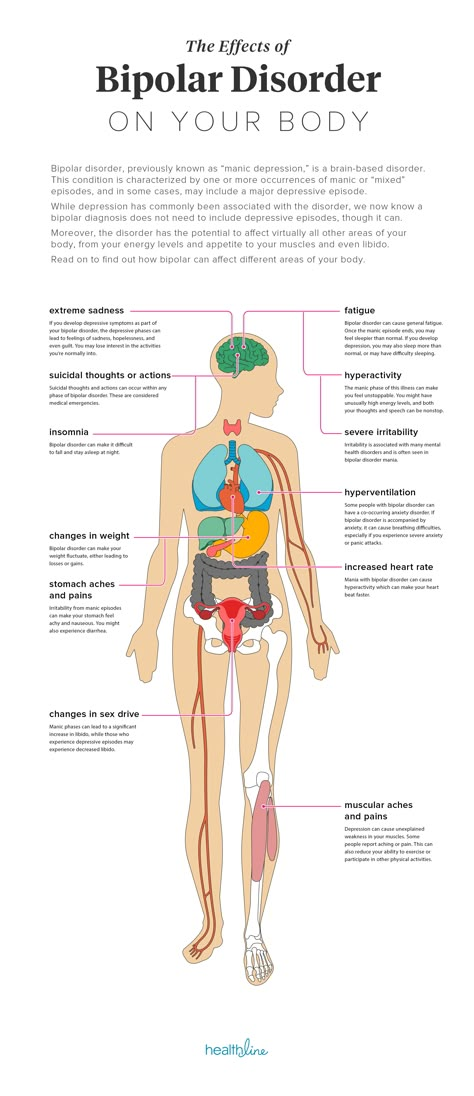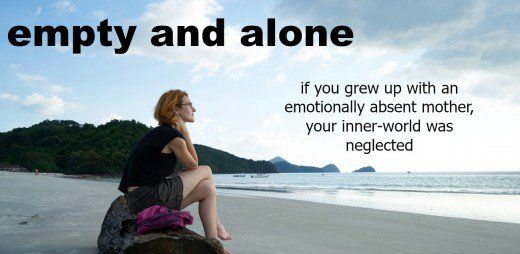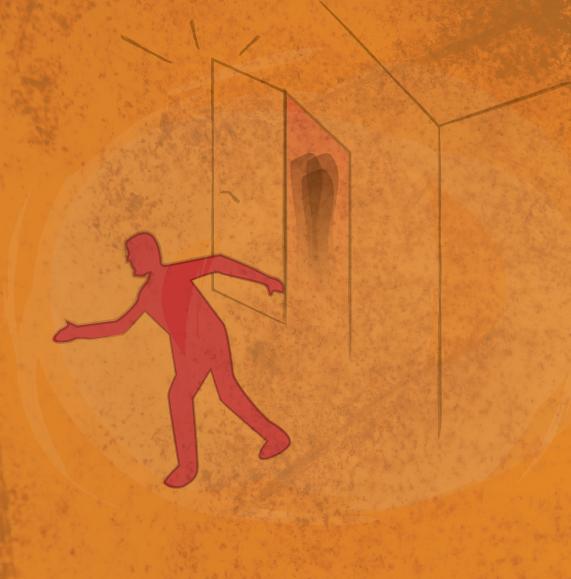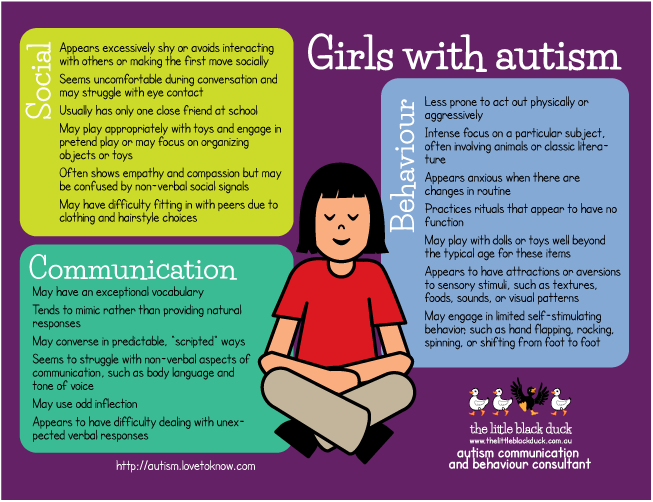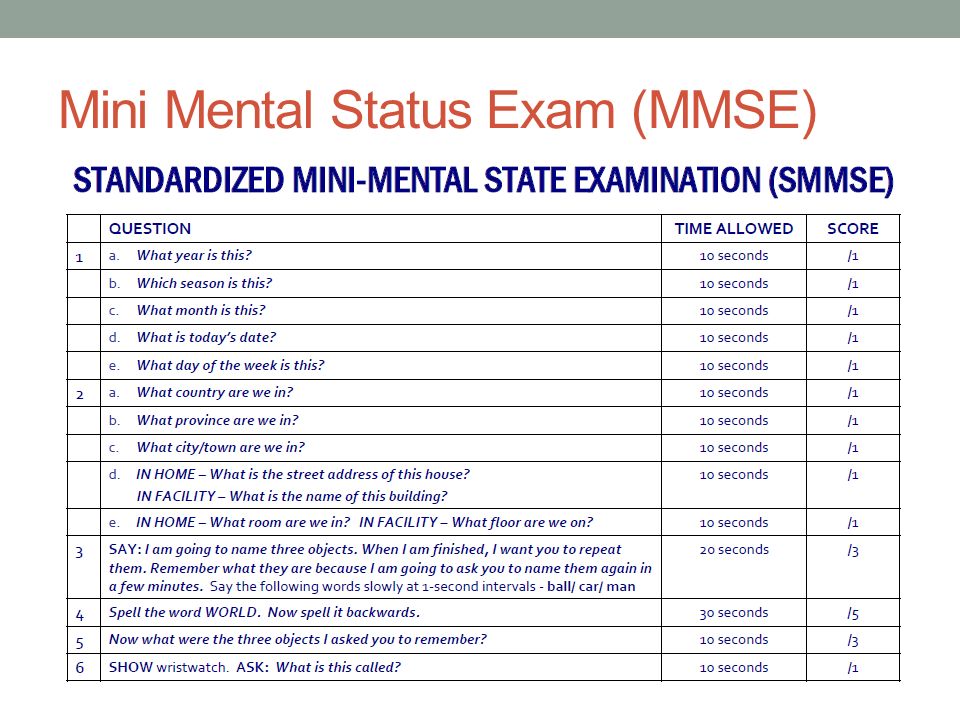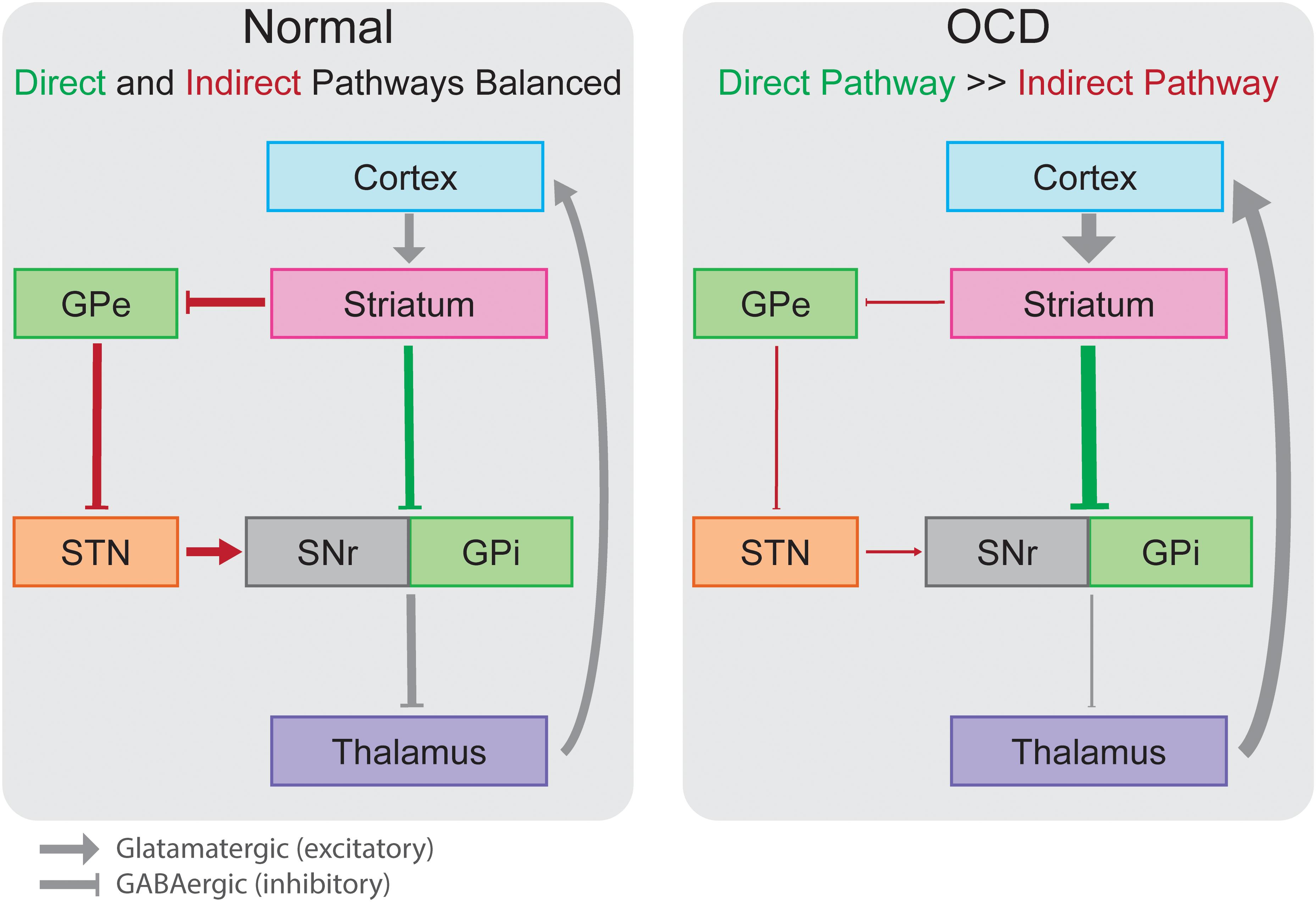A strong person
14 Signs of Mentally Strong People
Psychological, intellectual, and emotional strength is, in many ways, the ability to perceive reality for what it really is, and then manage your emotions about those observations in a healthy, productive manner.
Mental strength is revealed by both what we do and, at other times, by what we dont do.
Here are 14 signs of a mentally strong individual…
14. Self and self-sufficiency
You have a clear and strong sense of self. You are not codependent or manipulative or possessive or controlling. You know how to deal with your problems.
You dont fear being alone, yet you are not afraid of people either. You dont want others to save you, nor do you try to rescue or fundamentally change others.
You dont rely on other people to manage your emotions, nor do you act your emotions out on them.
13. Healthy self-esteem
Sometimes high, healthy self-esteem is confused withnarcissism (symbols of status: fake self-confidence, disrespectful behavior, looks, money, power, fame, ability to manipulate others)and vice versa.
A mentally strong person is neither falsely self-confident nor timid.
You are aware of and accept your strengths and weaknesses. You have learned to accurately self-evaluate and self-validate, so that you are neither dependent on praise from others nor devastated by rejection.
12. Proactivity instead of passivity or reactivity
You recognize that you are responsible for your own life. If there is a problem, you can weigh your options and make a decision.
In comparison, a passive person usually feels overwhelmed or disconnected, to the degree where he or she feels paralyzed and incapacitated to take any action. Similarly, a reactive person simply automatically reacts to things instead of consciously making decisions.
Passive or reactive people are rarely aware that they are making decisions in their life. Proactive people are mindful of their emotions, thoughts, and motives. You enjoy living your life, even if it is challenging.
11. A rational, present mind
You see reality as it is. You are good at accurately conceptualizing reality by using reason, logic, observation, and common sense. In comparison, irrational people, even if they are highly logical, can only come up with conclusions or connections that kind of make sense to them but are objectively terribly short-sighted or simply ludicrous.
You are good at accurately conceptualizing reality by using reason, logic, observation, and common sense. In comparison, irrational people, even if they are highly logical, can only come up with conclusions or connections that kind of make sense to them but are objectively terribly short-sighted or simply ludicrous.
You are able to maintain a high level of awareness, where you can accept the situation as it is without deluding yourself or being unable to regulate your emotions.
You know how to be in the present moment without being stuck in the past or constantly worrying about the future.
10. Emotional literacy and self-reflection
You are in touch with your emotions. You are able to recognize what exactly you feel, for what reason, and what it means in relation to your existence.
You don’t rush through life. You take time to look back and reflect on what is going on in your internal and external world. You think about what happened to you in your life, or what is happening, and actively make decisions about your behavior based on your authentic emotions and reality.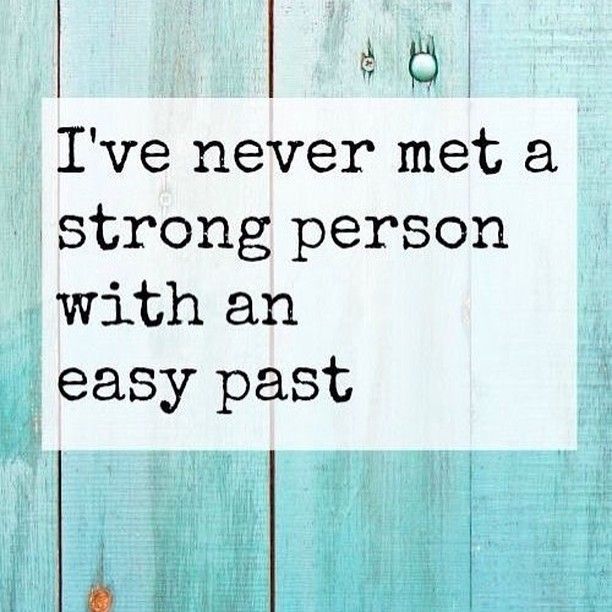
You can effectively resolve your past trauma and grow as a human being.
9. Empathy and compassion
Mentally strong people have an acute sense of empathy for themselves and by extension feel empathetic towards others. Empathy doesnt necessarily mean that you agree with other people or their actions, but you understand how others feel, think, and act, and why.
Another extension of self-empathy is compassion. Because you understand how you feel, and because you understand how others may feel, you have a lot of compassion for those who are legitimately hurting.
8. Adaptability
Adaptability is one of the most useful character traits to have. Mentally strong people are able to adapt to change quickly and stay reasonable in a problematic or unexpected situation.
It also means being able to adapt when things go wrong, as they tend to do in life. You have the confidence that you will be fine because you are adaptable; you think about situations, but you dont obsess or worry about them because you know you will be able to deal with it when it happens.
7. Accepting what is and isnt in your control
You understand that there are many things that are outside your control. Wanting to be in control of everything is a classic sign of chronic anxiety and existential insecurity.
You are able to differentiate between what you can and cannot control. Shifting focus from things that are not in your control results in feeling better, discovering new options and opportunities, and overall happiness.
6. Healthy self-focus
Instead of concentrating on what you cant control or having grandiose or disturbing goals, you simply live your life as healthfully and as consciously as possible.
You dont play social games and you dont like to associate with people who do.You have your circle of people who truly care about you and whom you love deeply.
You dont follow ideologies and dont give into social, political, and philosophical narratives, agendas, and drama. You dont try to change everyone around you to meet your tastes.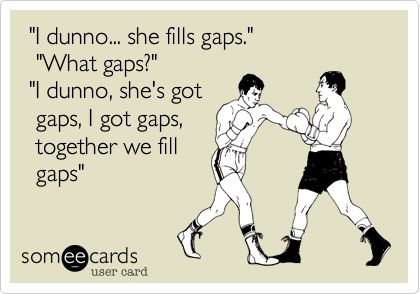 You dont worry about what your neighbor is thinking or may be doing wrong. You dont stalk or pick fights with people on social media.
You dont worry about what your neighbor is thinking or may be doing wrong. You dont stalk or pick fights with people on social media.
You actively create a better life for yourself, without aggressing against others, starting with your own self and your immediate environment.
5. Not feeling entitled
You accept that nobody owes you a thing. In fact, the universe doesnt care about you.
If you want something, you have to take the initiative to get it. You also accept that sometimes life is not fair and not everyone starts with the same deck, including you. This, however, doesnt mean that you should be unfair to others.
4. Helping others out of kindness
Fundamentally, everyone is responsible for their own life. There are no unchosen positive obligations. By default, you don’t owe anybody anything, just like others don’t owe you.
Mentally strong people are considerate and helpful. However, giving and helping others is an act of kindness, not an obligation.
You are helpful and caring, but you dont feel responsible for other peoples well-being, just like nobody is responsible for yours. You can be helpful and generous, without feeling guilty or responsible.
3. Healthy relationships
The foundation of healthy relationships is boundaries.
You treat others fairly, which means you love and respect those who are worthy of it, and dont waste your resources (time, money, energy) on toxic people or tolerate their disturbing behavior.
If you come across something that seems toxic or unhealthy, you make a decision about it instead of reacting emotionally or passively accepting it. You are reevaluating your relationships with others on a regular basis and coming to conclusions that will help maintain your boundaries.
2. Not trying to please everyone
The truth is that no matter who you are and what you do, there will be people who dislike you. You dont like everybody, so its only natural that not everybody will like you.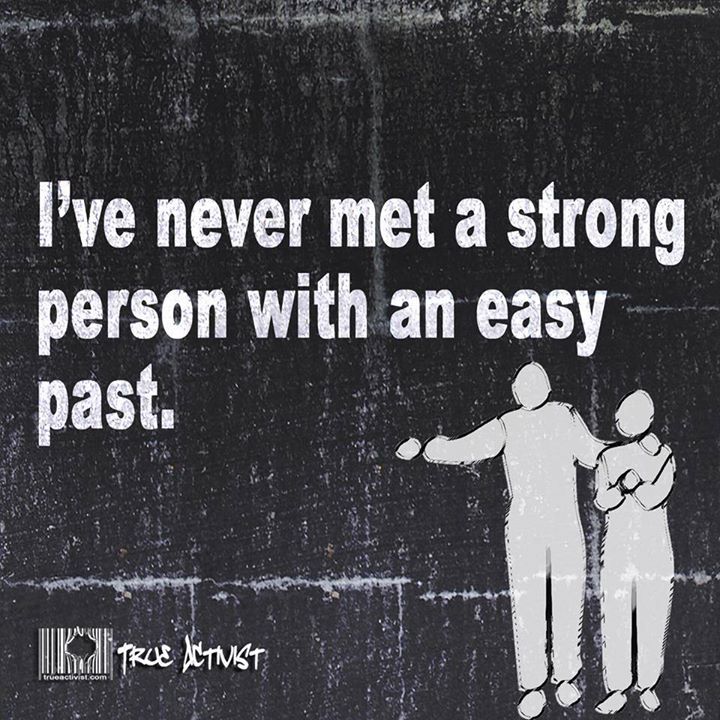
Mentally strong people dont aggress against or mistreat others but also accept that social rejection is unavoidableand thats okay.
1. Saying ‘no’
Mentally strong people know when to say ‘no’. They know where their emotional responsibility ends and another persons begins, and vice versa.
They feel comfortable standing up for themselves, and have learned that saying no to boundary violations, aggression, and unjust behavior benefits them in the end. They dont feel shame or guilt about it, and instead feel liberation and freedom.
Did you notice any of these signs in yourself or others? Is there anything you would add to the list? Feel free to share your thoughts in the comments below or in your personal journal.
Photo:Eileen McFall
7 things mentally strong people always say
I've spent much of my career talking about the bad habits mentally strong people avoid (which I identify in my book, "13 Things Mentally Strong People Don't Do"), but it's sometimes the words people say that are the strongest indicators of strength.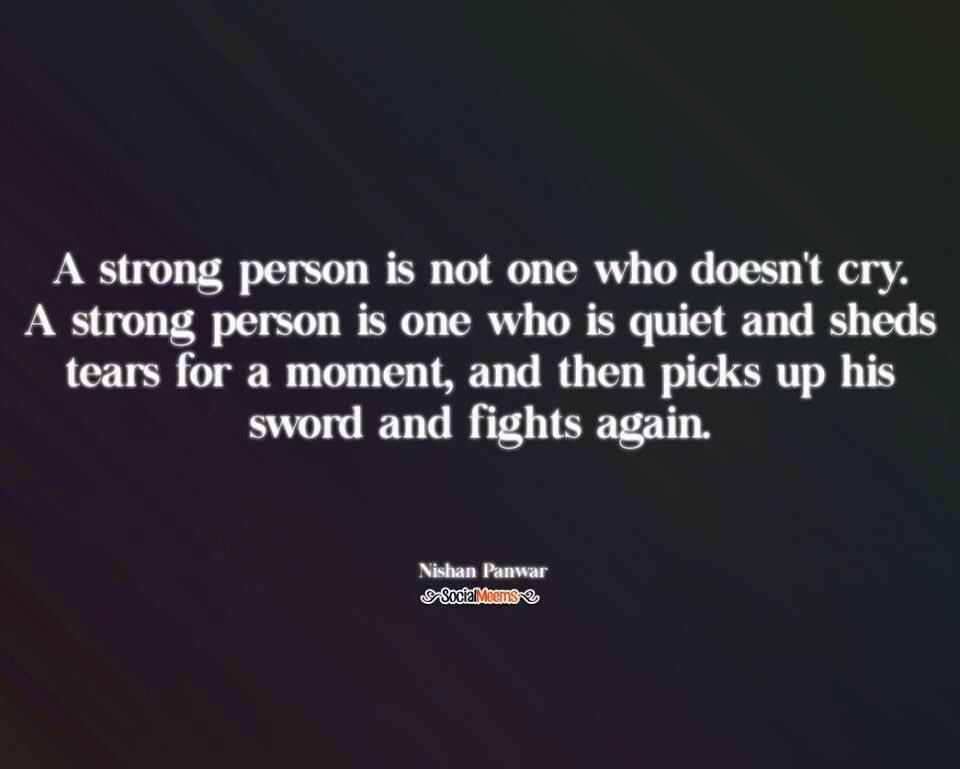
Don't get me wrong, you can't always spot a mentally strong person when you see one. After all, we often have no idea what private battles someone is fighting. We can, however, learn a lot about them based on the words they say, and whether their behavior lines up.
Here are seven things mentally strong people always say:
1. I'll consider whether that's right for me.
Whether they're offered unsolicited advice from their in-laws or starting a self-improvement program, mentally strong people don't blindly follow advice from others.
Other people and their opinions hold no power in defining our destiny.
Oprah Winfrey
Instead, they think about whether the guidance offered is something they really want to incorporate into their lives.
2. I need to make sure this aligns with my values.
It can be tempting to leap at any opportunity that provides more money, admiration or power. But mentally strong people aren't looking to inflate their egos.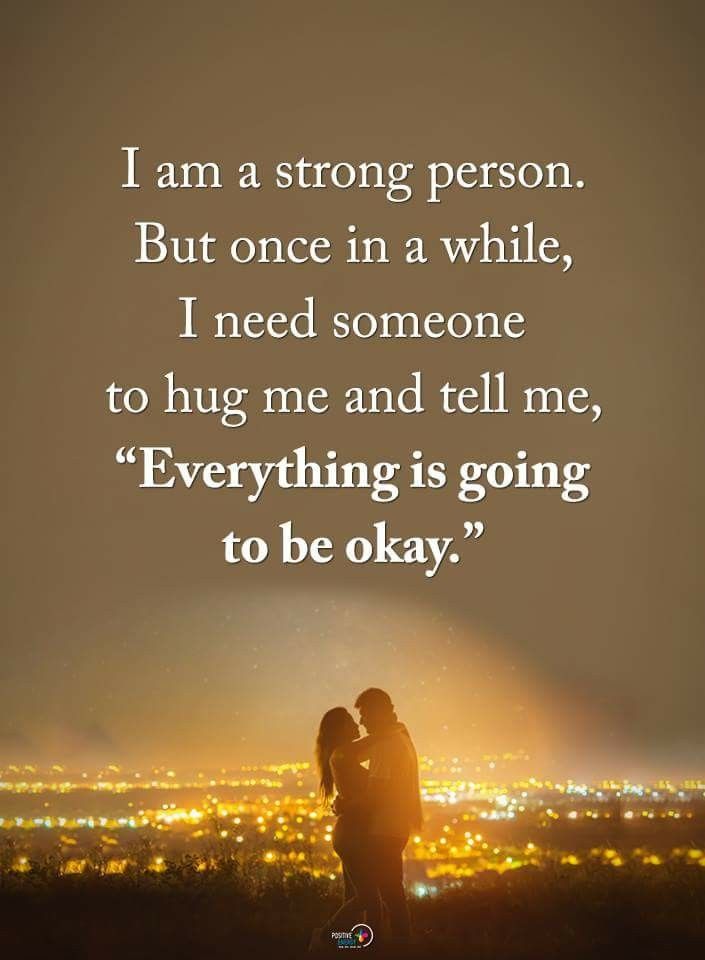
Don’t settle. As with all matters of the heart, you’ll know when you find it.
Steve Jobs
Before taking on a new responsibility or making a major shift, they examine whether their new circumstances are truly in line with their values. They want to ensure that the way they spend their time and energy truly reflects their priorities.
3. Tell me more.
Mentally strong people are willing to listen. Rather than tuning others out to form their rebuttal, they invite others to keep talking so they can better understand their views.
I'm a very strong believer in listening and learning from others.
Ruth Bader Ginsburg
That's not to say they don't set boundaries. They don't tolerate abuse, but they're willing to listen to respectful conversation — even when the words might sting a little.
4. This will be hard, but I'm going to do it anyway.
You'll never catch a mentally strong person complaining about how hard something is going to be.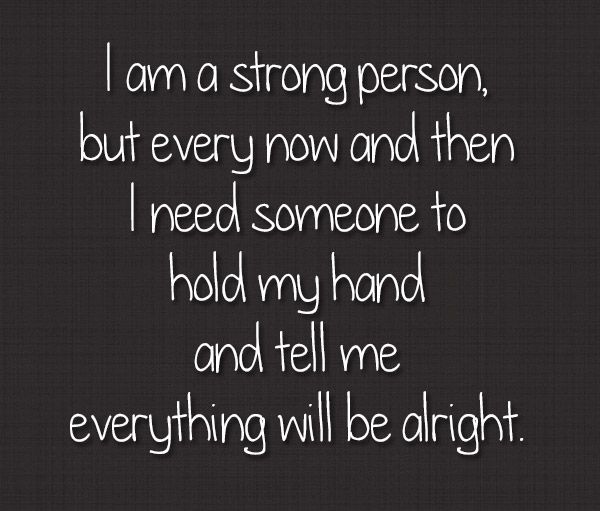 Rather than wishing life were easier, they put their energy and effort into making sure they're strong enough to tackle tough challenges.
Rather than wishing life were easier, they put their energy and effort into making sure they're strong enough to tackle tough challenges.
Make realistic goals, just keep reevaluating, and be consistent.
Venus Williams
They also know how to embrace being uncomfortable. They're willing to tolerate the self-doubt, anxiety and potential failures that comes with doing hard things.
5. I'm sorry.
Toxic self-blame is quite detrimental, and mentally strong people don't apologize profusely for everything. They do, however, take responsibility for their behavior.
It takes a great deal of character strength to apologize quickly out of one's heart rather than out of pity.
Stephen Covey
They offer sincere apologies when they regret their actions and strive to make amends whenever possible.
6. No thank you.
Mentally strong people don't fall prey to guilt trips. They also don't yield to peer pressure and are willing to say no to things they don't want to do.
They also don't yield to peer pressure and are willing to say no to things they don't want to do.
I started to say no. [...] And slowly but surely, I remembered who I am.
Lady Gaga
The more things they say no to, the more time and energy they have to put toward things they want to work on. They're confident enough in their decisions to tolerate other people's displeasure.
7. This is how I'm going to improve.
Mentally strong people are willing to admit they don't have all the answers because they know there's always room for improvement.
Failures are things you learn from. You have to be willing to pick yourself up and go on.
Melinda Gates
When they fail or make a mistake, they acknowledge their weaknesses and stay focused on how they can improve.
Developing or strengthening your mental muscle
Obviously, repeating these phrases alone won't help you to develop or strengthen your mental muscle.
Being mentally strong requires commitment to creating positive changes in the way you think, feel and behave. It's also important to give up the bad habits that are robbing you of mental strength.
But with dedication and practice, you can develop the strength you need to reach your greatest potential. And over time, the language you use will reflect your inner strength.
Amy Morin is a clinical social worker, psychotherapist, and psychology instructor at Northeastern University. She is also the author of the national best-sellers "13 Things Mentally Strong People Don't Do" and "13 Things Mentally Strong Women Don't Do." Amy was named the "self-help guru of the moment" by The Guardian. Follow her on Twitter here.
Like this story? Subscribe to CNBC Make It on YouTube!
Don't miss:
- Want to raise mentally strong kids? Science says stop telling them 'everything will be OK'—here are 5 things to do instead
- 13 things mentally strong women don't do, according to a psychotherapist and best-selling author
Who is a "strong man" and is it good to be one?
Many people suffer from their inability to fight back and their fear of confrontation. They lack self-confidence, determination, sometimes healthy egoism and even rigidity. Independence, independence, the ability to insist on one's own - all these qualities seem to them a pipe dream.
They lack self-confidence, determination, sometimes healthy egoism and even rigidity. Independence, independence, the ability to insist on one's own - all these qualities seem to them a pipe dream.
“It’s probably great to be a strong person,” they think, “he’s not afraid of anything, he can handle everything, he can handle everything, he can always protect himself and others, he knows what he wants ...”
An enticing picture. But there is one "but". She is completely unreal. No one person can always be stronger than everyone. This only happens in commercials and adventure films. And in life, there is a rule for any force. And it doesn't have to be someone else. It can be circumstances, fate, a system (for example, a state).
Are there strong people?
“Good, but I have seen strong people with my own eyes - they are not afraid to act in their own way, boldly go into conflict, protect their interests. Are they weak people?
There are really no strong people in the cinematic sense - that is, always strong - in life.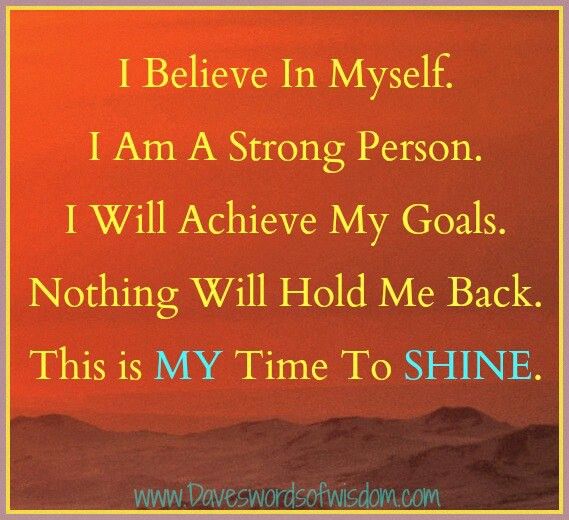 But two categories of people can look strong.
But two categories of people can look strong.
- First category: "I must be strong." These are people who constantly force themselves to be strong.
- The second category: "I can be strong" - people who have recognized that they can be different, including strong, and allow themselves to be so in a situation when it is necessary.
It is these two types of people who are able to show healthy aggression, achieve their own goals, set goals and realize them.
But despite the fact that sometimes they may behave similarly, they have completely different motivations and, as a result, different results. And, of course, a completely different life.
Their most important difference is that a person with the “I must be strong” attitude does not have a free choice - what to be. He can only be strong. And a person who allows himself to be strong can also be weak - if circumstances require.
What's wrong with being always strong?
To answer this question, we list the qualities of a strong person. Let's start with the positives. Such people:
Let's start with the positives. Such people:
- Know how to conflict and defend themselves
- They know how to be leaders, lead
- Know how to win, fight, show aggression
- They know how to compete, they have "penetrating abilities"
- Mobilized in critical situations
And also they:
- Purposeful and operational
- Self-employed and independent
- Bold and outwardly self-confident
These qualities help in life. But, unfortunately, weaknesses are attached to them. Such a person also:
- Does not know how to concede, provokes conflicts
- Does not know how to admit his guilt, mistakes, wrongness
- Has difficulty changing his mind and listening to others
- Closes eyes to other people's feelings, suppresses own emotions
- Constantly tense because he is ready to fight
- He needs to prove "who's in charge here" all the time
- Does not recognize own and other people's shortcomings
- Afraid to look weak, to lose faith in oneself
- Doesn't know how to lose, be defeated
- Suppresses fear and apprehension, even when they are reasonable
- Suppresses doubts, does not like to think
What does the attitude “I have to be strong” lead to?
Non-acceptance of oneself, deep inner conflict.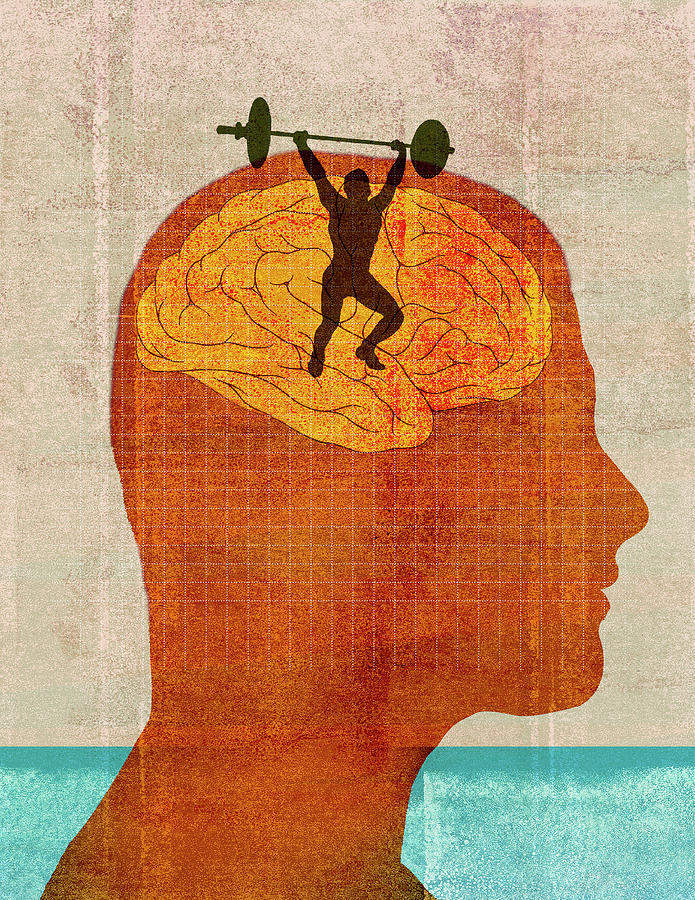 We are all imperfect, and a strong person is no exception. But he does not accept his weaknesses. He just doesn't agree that they exist. He suppresses in himself everything that seems unsuitable for the image. In especially severe cases, these are all feelings, except for anger: indiscriminately negative and positive. As well as many qualities. As a result, a person cannot use his resources (all our qualities, both negative and positive, are resources), and is in constant tension. He is forced to constantly pretend that a huge part of his personality, as it were, does not exist, and this ignoring spends a huge amount of energy.
We are all imperfect, and a strong person is no exception. But he does not accept his weaknesses. He just doesn't agree that they exist. He suppresses in himself everything that seems unsuitable for the image. In especially severe cases, these are all feelings, except for anger: indiscriminately negative and positive. As well as many qualities. As a result, a person cannot use his resources (all our qualities, both negative and positive, are resources), and is in constant tension. He is forced to constantly pretend that a huge part of his personality, as it were, does not exist, and this ignoring spends a huge amount of energy.
Rejection of the world and people around. Such people are categorical, hardly forgive mistakes, do not accept other people's shortcomings, demand immediate correction of everything that, in their opinion, is “wrong” and “not right”. Seeing weakness, they may stop respecting a person, even a loved one. After all, in their opinion, the weak are pitied, not respected. In our imperfect world, something constantly happens not according to plan and no one can be strong and successful all the time, which means that a “strong person” is doomed to round-the-clock negativity and rejection of everything around.
In our imperfect world, something constantly happens not according to plan and no one can be strong and successful all the time, which means that a “strong person” is doomed to round-the-clock negativity and rejection of everything around.
Inability to survive failures, mistakes, periods of weakness. In this sense, a "strong man" is especially vulnerable. He is under illusions about his strength: it seems to him that nothing and no one can defeat him. And the situation, when this still happens, becomes a shock for him. The longer he got used to being invincible, the greater the stress would be. He does not know what to do: he was not taught to make mistakes, to give in, to admit his guilt and failure. And most importantly, no one taught him to ask for help. For him, asking for support is almost like dying. I'm not exaggerating, emotions can really be very strong. Such an attitude robs a “strong person” of many opportunities, and sometimes puts him simply in a hopeless situation, when help is needed, but you cannot ask.
Difficulties with personal relationships. It is difficult for him to build close relationships, because he cannot bear the manifestations of feelings, either in himself or in others - they seem to him a manifestation of weakness, a vulnerable spot. "Strong" constantly puts pressure on a partner or friend. If he does not concede, there will be a constant struggle and verification of "who wins." And if he concedes, he is no longer respected and either they are looking for a new partner, or the relationship turns into a “victim-persecutor” game. A strong person often acts as a pursuer, and not only in relationships.
Career problems. It is difficult for such a person to obey, listen to others, therefore he works in a team with difficulty. It would seem that there is a direct road to leadership or to your own business, but even there you need to be able to sometimes give in and listen to others. So the leader from him often turns out to be problematic and authoritarian, with whom no adequate person wants to work.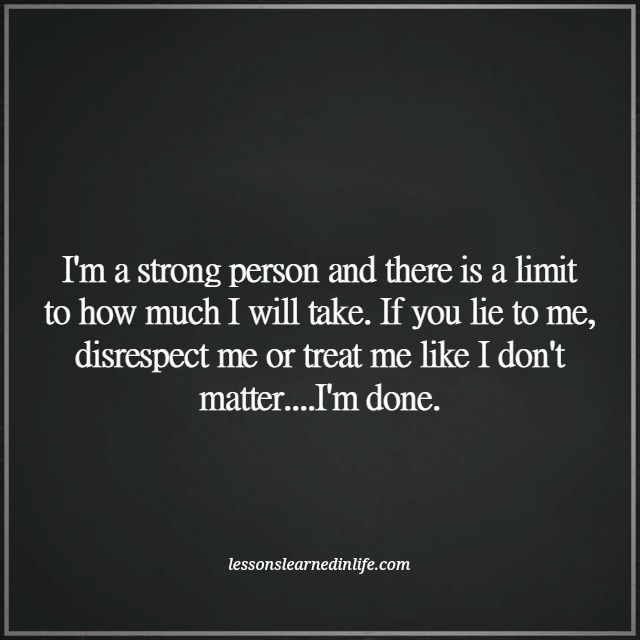 And an entrepreneur can destroy his business just to prove something to someone. Well, "for dessert" - the desire to constantly prove one's toughness can lead such a person even to criminal "professions".
And an entrepreneur can destroy his business just to prove something to someone. Well, "for dessert" - the desire to constantly prove one's toughness can lead such a person even to criminal "professions".
Why be weak?
Each of us from time to time loses, makes mistakes, makes wrong decisions and does not get what we wanted. Everyone experiences psychological crises from time to time. And sometimes it’s normal to be defeated, just like it’s normal to be weak, unhappy in a similar situation, not understanding what to do. And most importantly, at such moments it is natural to need support and help, to ask for them and receive them. Close understanding people, inspiring environment, God, philosophy, wise books - support options may be different, but there is always something that you can and should rely on.
It is best when you know how to be different: strong or weak, depending on the situation. When an opportunity arises instead of an obligation, life changes radically.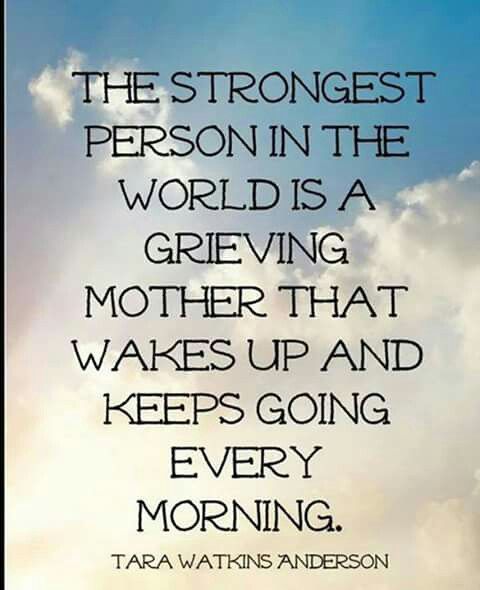 We stop torturing ourselves for mistakes, demanding impossible perfection, we begin to accept ourselves, internal conflict and tension go away. At the same time, we are ready to change. We learn to accept an imperfect world and other people with their weaknesses and shortcomings. We no longer see failure as a downfall, but rise from our fall and move on.
We stop torturing ourselves for mistakes, demanding impossible perfection, we begin to accept ourselves, internal conflict and tension go away. At the same time, we are ready to change. We learn to accept an imperfect world and other people with their weaknesses and shortcomings. We no longer see failure as a downfall, but rise from our fall and move on.
It becomes easier for us to build healthy relationships, because we allow ourselves feelings, intimacy, openness. And because we are not looking for the perfect relationship with the perfect partner.
It is easier for us to listen to ourselves, to our fears and doubts, to intuition and emotions. All this makes us calmer, returns energy, joy of life. We no longer try to control everything and are able to give in when necessary.
And at the same time, we keep all the advantages of a strong person. We are still able to stand up for ourselves and our rights, go to the necessary conflict, lead and win.
But our self-confidence becomes not imaginary, but internal, very real.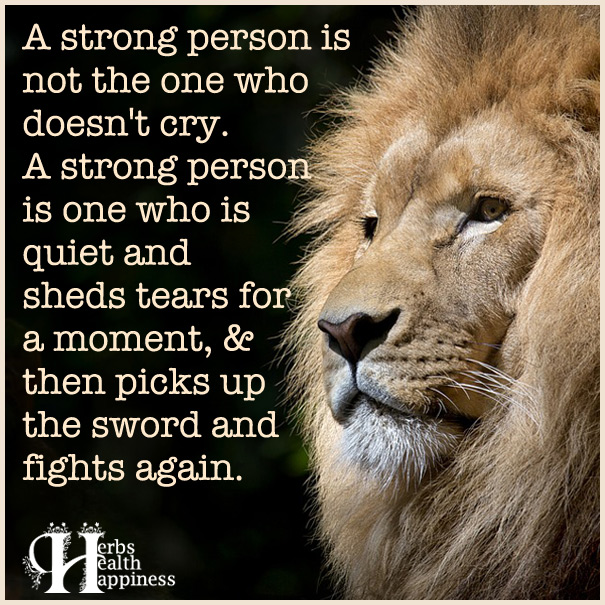 Nothing threatens her, because we accept our various manifestations and are ready to forgive ourselves for them.
Nothing threatens her, because we accept our various manifestations and are ready to forgive ourselves for them.
Attitudes from childhood are closely related to our self-image. If you want to learn more about yourself, take the Self-Esteem Type Test to see if you have a “you gotta be strong!” mindset.
Strong man, weak man - Psychologos
Jan 01, 2000 07:41 AM
Film "In Front of the Class"
Film "School of the Mind"
A strong person is, first of all, an independent person, one who can solve the issues that arise in his life.
If he needs it, he goes to the housing office and arranges with a plumber; it is necessary - it will work for the car; if necessary, he will find something to do on Saturday evening; need to say "no". And if it doesn't work the first time, they'll redo it. A weak person is the opposite. And a weak person is a person who is not independent, who, without relying on someone, falls. You need to go to the housing office, but - "I'm afraid of them." You need a car (well, okay, okay - I want it), but - "they are expensive." Evening should be occupied, but - "I don't know what to do." It is necessary to refuse, but - "it did not work out." And so on...
You need to go to the housing office, but - "I'm afraid of them." You need a car (well, okay, okay - I want it), but - "they are expensive." Evening should be occupied, but - "I don't know what to do." It is necessary to refuse, but - "it did not work out." And so on...
Let's put it directly and unambiguously: being a strong person is good and honest, but being weak is bad and dishonest. The weak live off the strong. If this is an inevitability and someone cannot yet or can no longer be strong, it’s not a question, the strong will help the weak, but if a person can be strong, but pretends to be weak, allows himself to be weak, all the more he cultivates weakness in himself, accustoms himself to the way of life of the weak is a crooked life, it is dishonest and not promising. See →
This is important to understand: once a woman can demonstrate her weakness to a man, and this is a natural part of the female game, which is encouraged by the men themselves. Women's weakness is beneficial to both parties, and the myth of women's weakness is supported by both parties to mutual joy.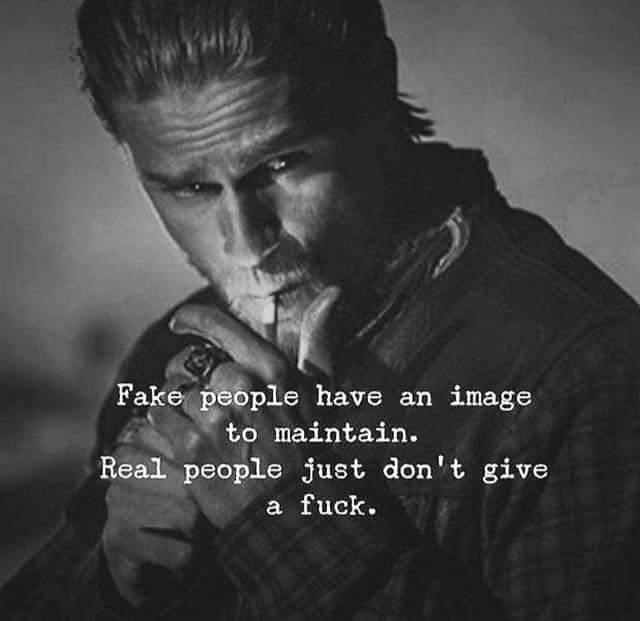 However, when people move from games to life in earnest, you need to know: men seriously do not respect weak women, do not love them and directly avoid them. Propaganda "a woman should be weak" is harmful and dangerous, first of all, for the woman herself. If a woman is offered to be weak, she is offered to be dependent, unstable and simply dependent on a man. Women don't need it, men don't need it.
However, when people move from games to life in earnest, you need to know: men seriously do not respect weak women, do not love them and directly avoid them. Propaganda "a woman should be weak" is harmful and dangerous, first of all, for the woman herself. If a woman is offered to be weak, she is offered to be dependent, unstable and simply dependent on a man. Women don't need it, men don't need it.
A person with a sick (crooked) inner core uses any negative experience to weaken himself, turning himself into an even greater unfortunate Victim. A strong (internally strong!) person differs from a weak, small person primarily by the presence of his own personal view. See Strong Man and Personal View
Protection is the way of life for the weak. A strong person can protect himself, knows how to protect himself, but his way of life is not protection, but influence and cooperation.
Strong people have many desires and plans. The weak have many wants and needs.
Most people live according to patterns. The strong one is the one who is above the templates.
The strong one is the one who is above the templates.
A strong person is one who can react to a conflict, traumatic situation not only with a conflict pattern, but also with calmness, humor, and an “explosion” of love and good nature.
A strong person is not a coward. A coward is often called not the one who has fear, but the one who is weaker than his fear. Courageous people are also scared, but they know how to be stronger than their fears and act despite ...
The stronger the person, the more serious burden of negative experience he can perceive and "digest". The weaker the person, the smaller the dose he can adequately perceive.
Note: the child is not necessarily weak, the adult is not necessarily stronger than the child.
Raising strong people
It's as if there are no weak people in Iceland: "Everyone who did not stand firmly on his feet has long been blown into the ocean by the wind," as they say. You come and see: the people there are really strong, they are all like Greek gods.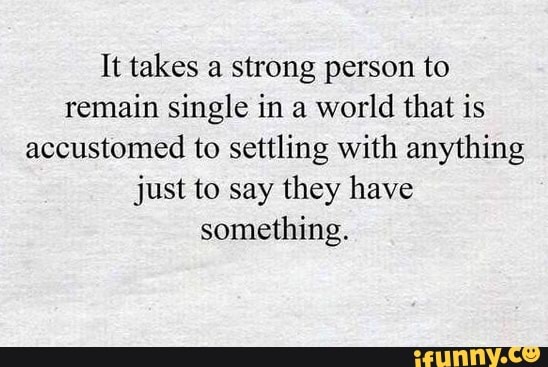 Their dwellings, from the point of view of a European or an American, are some kind of unpretentious-looking sheds. No concrete fences. There is practically no greenery - there is even a party of strange ecologists protesting against reforestation and flower beds: it is impossible, they say, to blur the foundations of the national - Spartan! - the spirit of all sorts of sybarite things. And the children all work from the age of eight and are self-sufficient. See →
Their dwellings, from the point of view of a European or an American, are some kind of unpretentious-looking sheds. No concrete fences. There is practically no greenery - there is even a party of strange ecologists protesting against reforestation and flower beds: it is impossible, they say, to blur the foundations of the national - Spartan! - the spirit of all sorts of sybarite things. And the children all work from the age of eight and are self-sufficient. See →
How to make strong out of the weak?
Entrust him with the care of the weaker, ask you to help support someone who needs it. See →
- Man
- Strong and weak
- Author N.I. Kozlov
- Author A. Rapoport
- Examples of counseling
- Psychological counseling
Comments (14):
Guest, 13 November 2013, 11:44
weak people.
Guest, November 04, 2014, 05:15 AM
And I would bet! A strong person differs from a weak one primarily in the emotional sphere and its specific reactions to stress.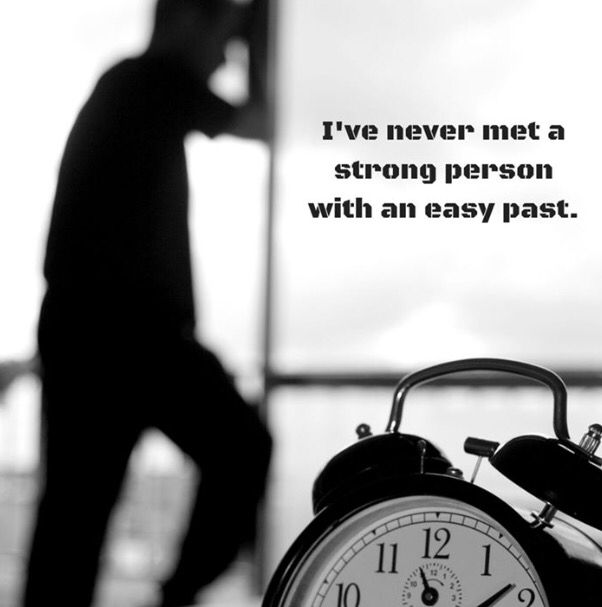 It is necessary to talk about the emotional sphere in such matters, and not about the Housing Office.
It is necessary to talk about the emotional sphere in such matters, and not about the Housing Office.
1
reply
Guest, January 17, 2015 at 00:36
I have a different point of view. Emotional reactions depend on genetics - an Icelander or a Tajik will react completely differently to the same thing. Weakness and strength have nothing to do with it at all.
Tatyana, December 09, 2015, 03:06 PM
Rude people are often mistaken for being strong. Stubborn ones too.
Semyon, January 05, 2016, 07:05 PM
Thank you for your help.
Guest, October 04, 2017, 02:10
A strong man will achieve his goals and desires, he will believe in himself, he constantly needs new peaks, he stands out from the crowd. It can be emotional or calm, temperament has nothing to do with it. He will even cry, or lose, the main thing is that he will go to his intended. Such a person draws a new conclusion with each trial and will try to remember this experience in order to apply it later.
Guest, December 06, 2017, 10:52 PM
cool! just class! [::::::]::::::::>
Guest, April 08, 2019, 02:23
I would like to argue a little. It is said here that the weak live at the expense of the strong, but in life it is often the other way around: the strong live at the expense of the weak, who cannot fight back. For example, at work, a weak person makes reports for the entire team and is generally responsible for all work. I would also like to note that insecurity is an emotion, a feeling, just like fear. They affect gait, appearance, etc. giving others the opportunity to see a weak person, and the aggressor the opportunity to merge their negative. The weak may even be able to fight back, but his boundaries will be endlessly tested for strength, so I believe that the strong is also an emotionally impenetrable person. A person who cries, is afraid, but goes to his goal is not strong, he is stubborn. And about the fact that by helping the weak you will become strong - I doubt very much.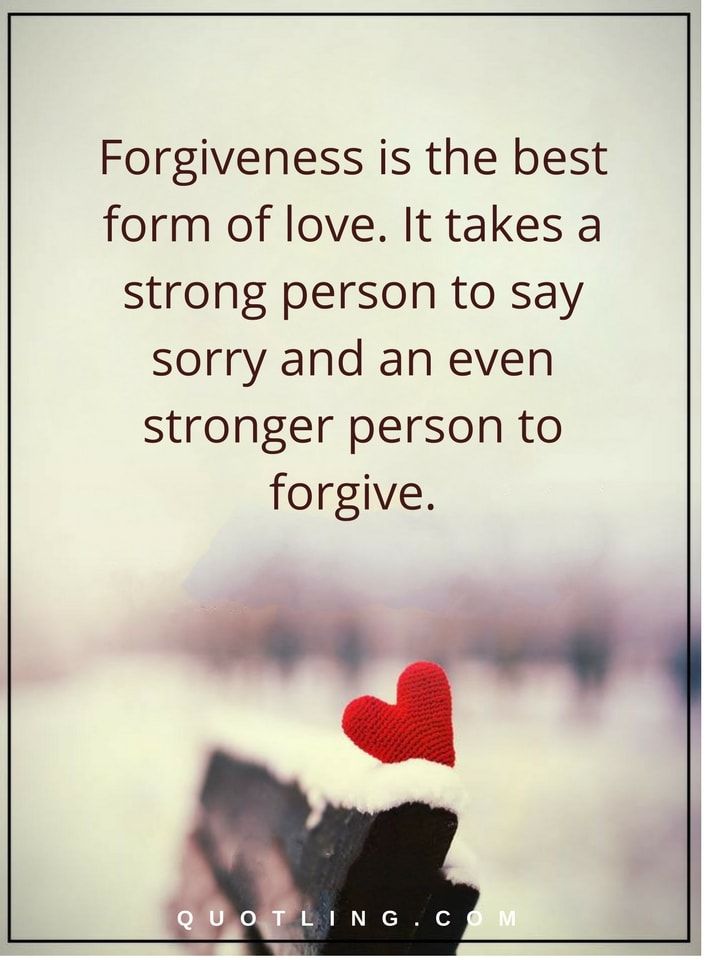 In my heart I am weak, afraid of conflicts, a person, a hare, in short. Against mice, I'm still a beast, but what should I do if I meet a lion. The answer "to become a lion" does not work, I tried to help mice without turning into a lion.
In my heart I am weak, afraid of conflicts, a person, a hare, in short. Against mice, I'm still a beast, but what should I do if I meet a lion. The answer "to become a lion" does not work, I tried to help mice without turning into a lion.
3
answers
Guest, February 08, 2020, 09:09
Well done, correctly noticed, in Russia the weak are counted and the entire vertical of power lives. We have long been taught to endure crises and bad life. And honestly, it’s quite difficult to live without stealing. But does a strong and pure in spirit man have to go down for the sake of dirty money and set an example for others? He simply has to feed himself and his family. What kind of system and people, no, of course not all, but in our country it is really hard and honest to be really strong and honest.
1
reply
Guest, December 13, 2020 at 00:29
Thank you Correctly said.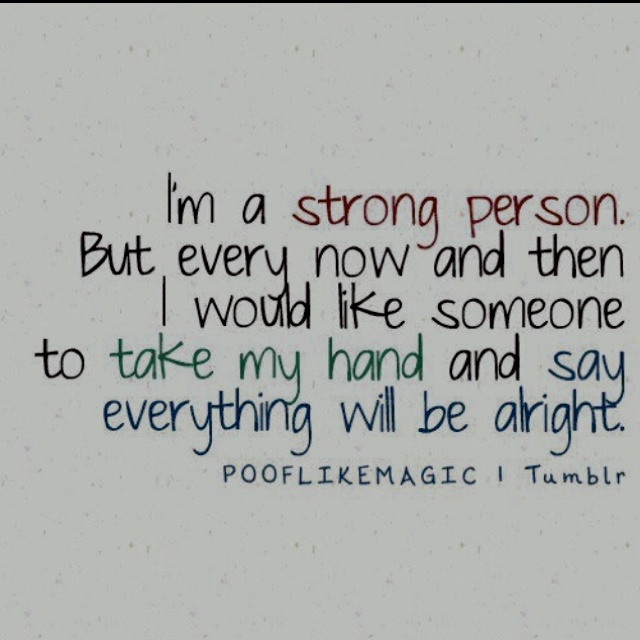 So in reality it is. Perhaps in this modern world it is better to be weak and then life will become much easier. There will be no "remorse" and everyone will live on their own, according to the principle: "I am not me and the house is not mine"... keep silent. Concepts are mixed here: a strong-minded person will not use another, seeing that he is weak in something. Here is something else.
So in reality it is. Perhaps in this modern world it is better to be weak and then life will become much easier. There will be no "remorse" and everyone will live on their own, according to the principle: "I am not me and the house is not mine"... keep silent. Concepts are mixed here: a strong-minded person will not use another, seeing that he is weak in something. Here is something else.
Guest, January 02, 2022, 06:05 PM
How you spelled it right! everything is on point!
Guest, November 03, 2021, 10:38 PM
I am 21 years old. From school I hear that I am weak. Yesterday at work I was told “you are weak”. I don't know how to react to this.
Guest, December 21, 2021, 12:28
Being weak is not dumb, every person can be weak at one time or another, and stigmatizing him at this time is a terrible mistake.
Related items:
Mar 26 2014
Author, author's position
If you know what courage to do one's own and personal responsibility is, you are familiar with the Author and author's position.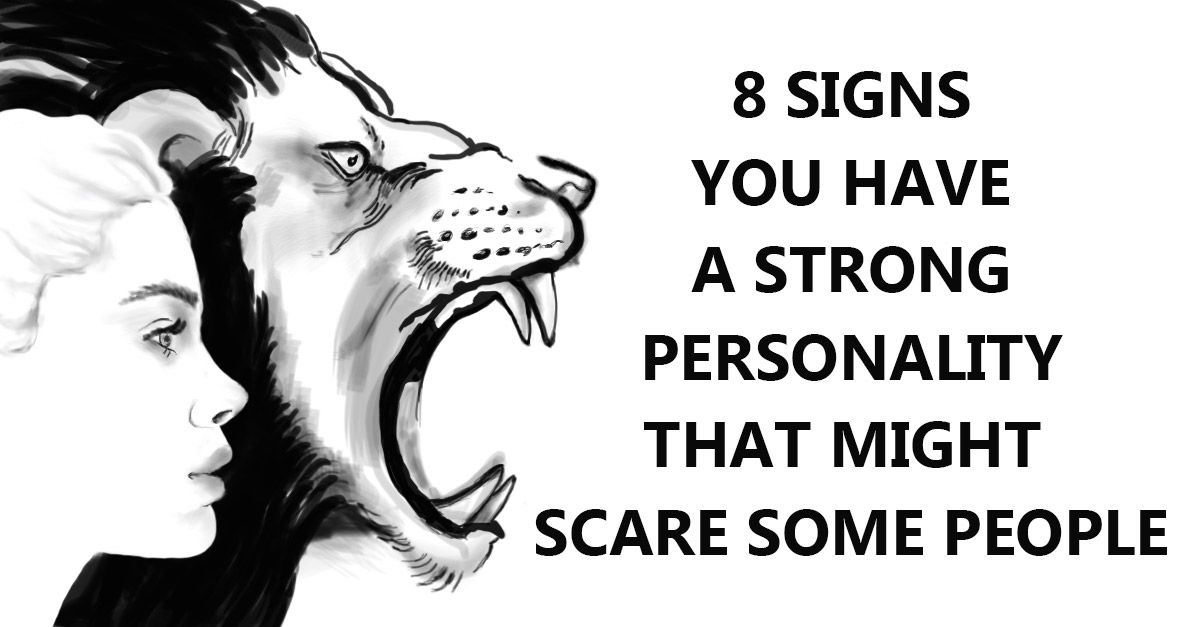 There are a lot of people in the author's position, more than that, this is the majority of normal, mentally healthy and active people who independently solve their life situations, not playing out either Durik or the unfortunate Victim in case of difficulties. The author's position is a habit not to worry, but to act, making the most of one's will and one's mind to move towards one's own goals.
There are a lot of people in the author's position, more than that, this is the majority of normal, mentally healthy and active people who independently solve their life situations, not playing out either Durik or the unfortunate Victim in case of difficulties. The author's position is a habit not to worry, but to act, making the most of one's will and one's mind to move towards one's own goals.
7Read more
Jan 01 2010
How to make strong out of the weak
How to make strong out of the weak? Entrust him with the care of the weaker, ask you to help support someone who needs it. There are people who are easily hurt and seem weak as long as they are in a position of dependence on a stronger personality. When such people are forced to support the weak, to help him overcome psychological difficulties, they themselves cease to be weak. In our individual work with patients, we often turn to almost each of them with a request to help us involve certain people in given exercises, to teach some kind of “training” type of activity, to give a specific situational assignment.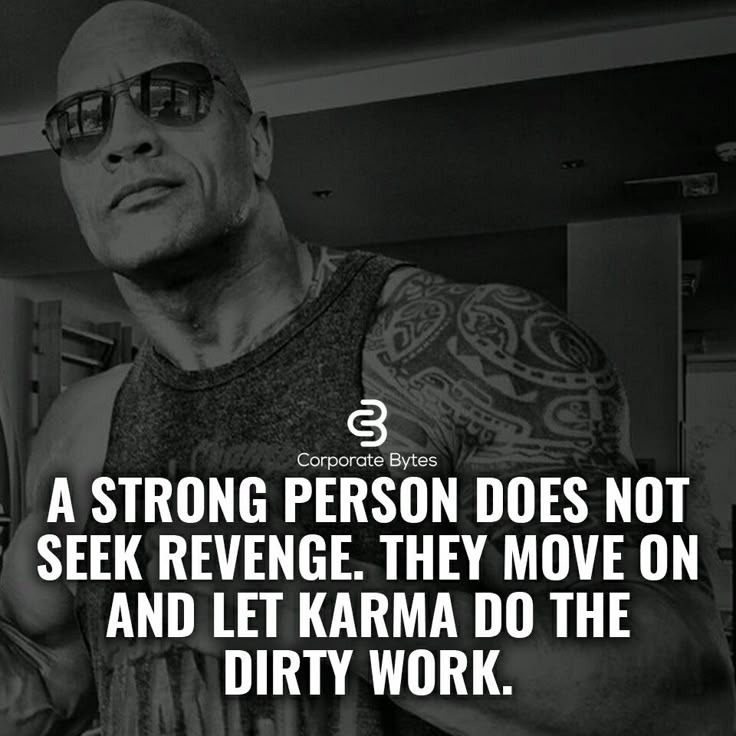
6Read more
01 Oct. 2022
Personal view
Personal view is a positive manifestation of human subjectivity. The view or situational attitude of a person from the first (personal) position, from the point of view of his personal interests. When one speaks of the negative side of subjectivity (or when one does not like this subjectivity), one speaks not of a personal view, but of subjectivism.
0Read more
Jan 01 2005
Men hate weak women
Should a woman be weak? Of course not. A weak woman is the worst thing that can happen to a man. A strong person is a person, first of all, independent. And a weak person is a person who is not independent, who, without relying on someone, falls. That is, if a woman is offered to be weak, she is offered to be dependent, unstable and simply dependent on a man. In my opinion, it is dangerous in the first place for the woman herself. Men love strong women. With them, the strength of a man is multiplied, more can be done with them. In the end, they have something to talk about - which is valuable in itself.
Men love strong women. With them, the strength of a man is multiplied, more can be done with them. In the end, they have something to talk about - which is valuable in itself.
192Read more
01 Jan. 2012
Courage training
Courage training is like training muscles in the gym. First you take a small weight, as much as you can lift. When you take this weight already easily, move on to a heavier weight and try to lift it. Likewise with fear. First you train yourself against a small fear, then move on to a bigger one.
4Read more
Jan 01 2008
I won't live with an unfortunate woman, or Who can I give an apple to?
You will have two girlfriends. The first is nothing special, average in everything, average height, average weight and mind is also average. But it's accessible. Available not to everyone, available only to you. She seems to have been loyal and available to you even before you met. They say about such people: "she loves him very much." And they also say: “she is very kind”, there is nothing more to say. And, here's another sign: this girl must have had a difficult childhood: a cow gored, or a gander bit, or a guy dragged into the bushes. And this very kind loves you very much. Honestly, you forget about it during the day, but it comes in handy at night. What to do, the strong during the day are strong at night. Then you will meet the second girl - with an easy childhood, easy character, easy gait and a light smile. It is good not only at night, but also during the day.
They say about such people: "she loves him very much." And they also say: “she is very kind”, there is nothing more to say. And, here's another sign: this girl must have had a difficult childhood: a cow gored, or a gander bit, or a guy dragged into the bushes. And this very kind loves you very much. Honestly, you forget about it during the day, but it comes in handy at night. What to do, the strong during the day are strong at night. Then you will meet the second girl - with an easy childhood, easy character, easy gait and a light smile. It is good not only at night, but also during the day.
27Read more
Mar 18 2014
Zheleznaya Lena
"How to become weak and feminine?" - this question is asked by the girl Lena on one of the psychological forums. “I have a strong character,” she explains. “My mother ran everything in our family. Father and grandfather not only did not have the right to vote, but simply did not interfere in household affairs.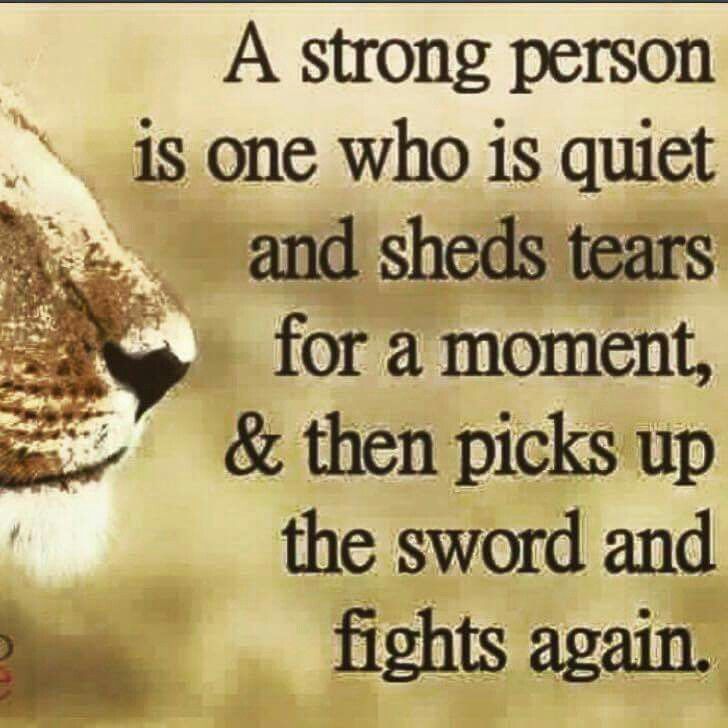 Our men were fond of fishing, played chess with each other, and the rest they were not particularly interested in. Mom stood in lines, got some kind of vouchers, shortages, medicines. She dealt with apartment bills, went to parent-teacher meetings, checked my diaries, sealed windows for the winter, planted seedlings in the spring. She watched our house and for each of us, guided, protected.In the 90s, when they stopped paying salaries, I went to Turkey, bought jackets, sweaters, children's suits there - I sold all this on the market. From her I learned to be firm, strong. She immediately crushed her first husband, decided everything on her own, he never even hammered a nail himself. Now I am married for the second time. And again I am the leader, the leader. The foreman who was renovating our new apartment laughs: “Lena, I saw your husband twice: he shook my hand at the beginning of the repair: “Very nice to meet you” and at the end: “Thank you for your work.” The rest of the time you were with us ".
Our men were fond of fishing, played chess with each other, and the rest they were not particularly interested in. Mom stood in lines, got some kind of vouchers, shortages, medicines. She dealt with apartment bills, went to parent-teacher meetings, checked my diaries, sealed windows for the winter, planted seedlings in the spring. She watched our house and for each of us, guided, protected.In the 90s, when they stopped paying salaries, I went to Turkey, bought jackets, sweaters, children's suits there - I sold all this on the market. From her I learned to be firm, strong. She immediately crushed her first husband, decided everything on her own, he never even hammered a nail himself. Now I am married for the second time. And again I am the leader, the leader. The foreman who was renovating our new apartment laughs: “Lena, I saw your husband twice: he shook my hand at the beginning of the repair: “Very nice to meet you” and at the end: “Thank you for your work.” The rest of the time you were with us ".

